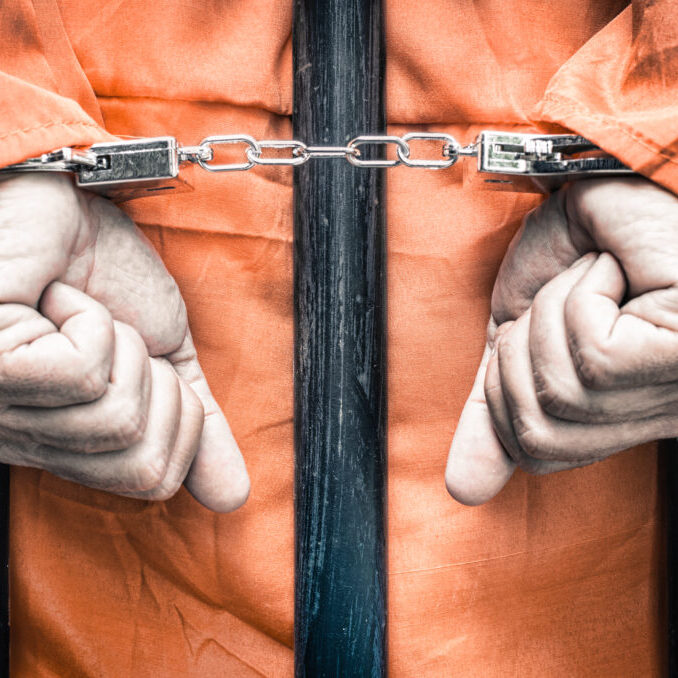Insights < BACK TO ALL INSIGHTS
A Luigi Mangione Death Penalty Trial
FEATURED
April 15, 2025
A Luigi Mangione Death Penalty Trial
By: James Trusty
The Attorney General’s recent announcement that DOJ will seek the death penalty against Luigi Mangione raises a host of interesting legal and philosophical issues, and it almost certainly reflects a dramatic about-face from the Biden administration’s approach towards federal prosecutions for death-eligible offenses. Aside from having personally prosecuted three death penalty trials while I was an Assistant U.S. Attorney in Maryland and when I was Chief of the DOJ Organized Crime and Gang Section, I spent a number of years on the Attorney General’s Capital Review Committee (“CRC”). The Committee was comprised of a number of “grey heads” who had personally handled death penalty cases and who developed a solid working knowledge of the intricate field of capital litigation. Ultimately,…
Trouble in Paradise: White Lotus Character’s Legal Woes Illustrate Civil Forfeiture’s Overreach
April 14, 2025
Trouble in Paradise: White Lotus Character’s Legal Woes Illustrate Civil Forfeiture’s Overreach
By: Abbey Block
Last Sunday, millions of viewers tuned in to watch the season finale of White Lotus – a widely popular show that centers around the week-long vacation of several ultra-wealthy patrons of the fictional “White Lotus” resort in Thailand.[1] The show follows a dynamic cast of quirky characters as they navigate their opulent getaway. One of those characters in this most recent season was Timothy Ratliff…
Amending Arbitration Clauses – No Notice, Big Problem?
April 8, 2025
Amending Arbitration Clauses – No Notice, Big Problem?
By: Robert Ward
Many websites’ terms and conditions allow online service providers to make changes without providing prior notice to users. Often, the terms state that the user agrees to read the terms and conditions, and that continued use of the website constitutes acceptance of any modification. A recent Fourth Circuit decision highlights the potential risk that such unilateral change-in-terms provisions might pose to another common feature of…
Appeals Court Set to Consider Key Sentencing Issue on Profits Derived From Fraud
May 7, 2013
Appeals Court Set to Consider Key Sentencing Issue on Profits Derived From Fraud
By: Ifrah Law
The U.S. Court of Appeals for the 3rd Circuit is currently considering a sentencing issue of great significance in cases in which a number of individuals work together to bring about a financial fraud. The question posed is the extent to which a defendant can and/or should be punished based on the profits made through the fraud when the defendant did not receive as much…
Let the Games Begin: Legal Online Poker Starts Up in Nevada
May 1, 2013
Let the Games Begin: Legal Online Poker Starts Up in Nevada
By: Ifrah Law
April 30 was an historic day for online poker players in the United States. Just a bit more than two years after the indictment and civil cases that were termed “Black Friday” shut down the industry, Ultimate Poker became the first live real-money online poker site in the United States after Black Friday. Nevada became the first state to legalize online poker in June 2011,…
DOJ Notice Hints at a Sentencing Deal With Former Enron Exec Jeffrey Skilling
April 29, 2013
DOJ Notice Hints at a Sentencing Deal With Former Enron Exec Jeffrey Skilling
By: Nicole Kardell
Justice may or may not be blind; but she can buckle under pressure. It may take years, millions of dollars and armies of attorneys, but if you have the resources to test her mettle, you too may tip the balance in your favor. Almost seven years after his conviction on fraud and other charges, former Enron executive Jeffrey Skilling may finally be succeeding in his…
Court to Rule on Exceptions to Warrant Requirement for GPS Tracking
April 19, 2013
Court to Rule on Exceptions to Warrant Requirement for GPS Tracking
By: Jeffrey Hamlin
The U.S. Court of Appeals for the 3rd Circuit is set to become the first federal appellate court to answer the question left open by the Supreme Court in United States v. Jones. Last year, the Court held in Jones that a Fourth Amendment “search” occurs, and a warrant is required, when a GPS tracking device is attached by law enforcement to a person’s vehicle…
What’s at the Bottom of the ‘Robosigning’ Scandal?
April 9, 2013
What’s at the Bottom of the ‘Robosigning’ Scandal?
By: Nicole Kardell
The problematic practice of robosigning – whereby banks and other lenders improperly foreclosed on properties through formulaically processing foreclosure documents – has been much in the news over the past couple of years. The feds have been investigating banks and individuals; state attorneys general have joined forces in pursuit of robosigners; and, unsurprisingly, there have been a number of class actions filed by consumers whose…





